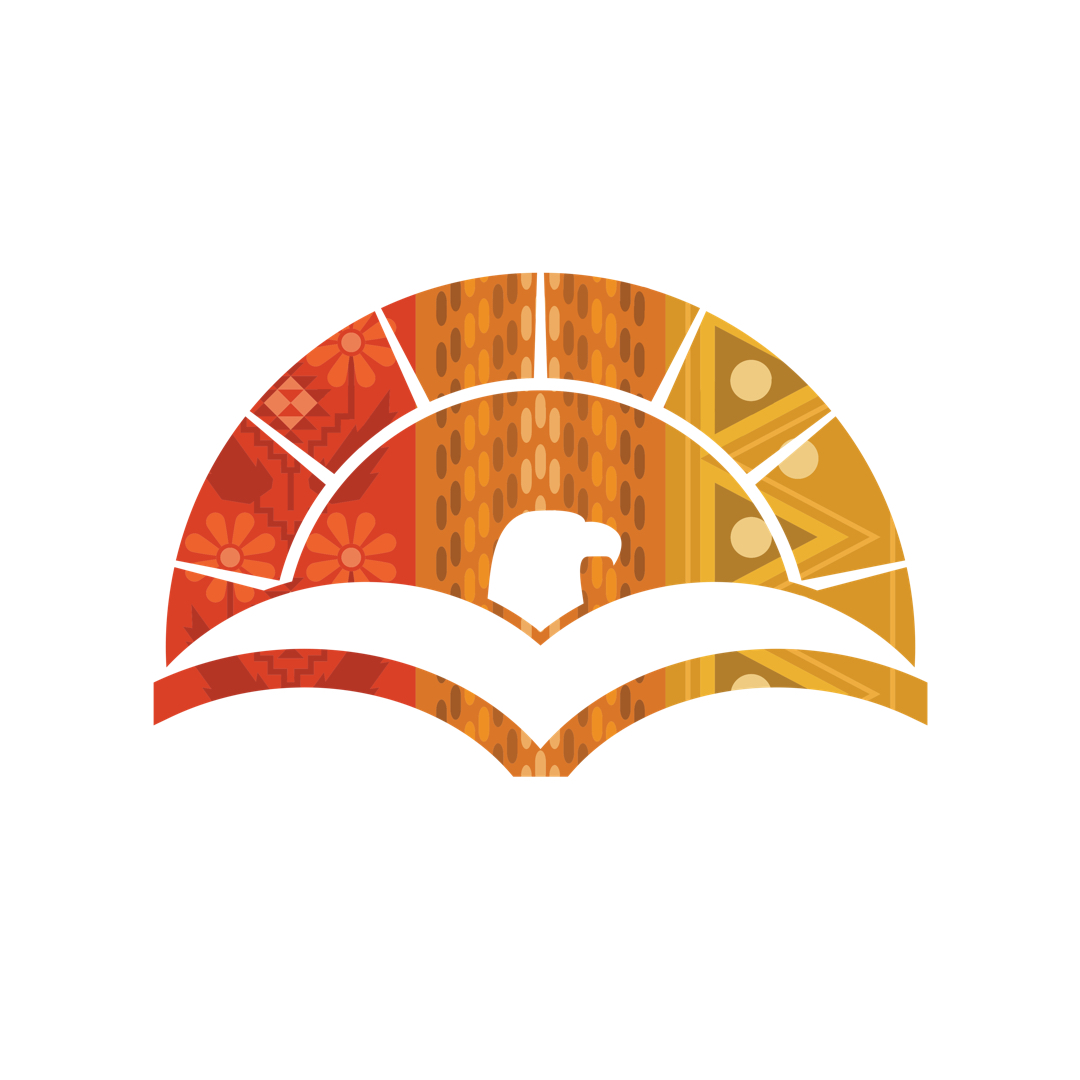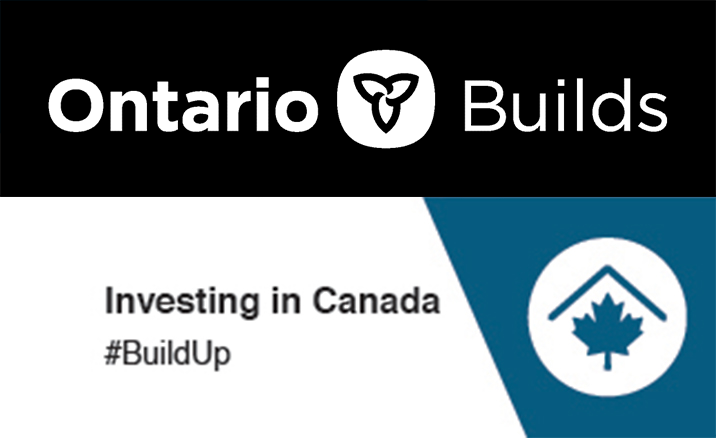In June, the WRDSB recognizes National Indigenous History Month, National Indigenous Peoples Day, and The Pride Flag Raising. As part of these celebrations, staff and students are invited to join in learning alongside the Indigenous Learning Team daily or as time permits throughout June.
National Indigenous History Month and National Indigenous Peoples Day offer important opportunities to recognize the cultural diversity and distinct contributions of First Nations, Inuit, and Métis Peoples who have been silenced and ignored in the formation of what we now call Canada.
We know that this work must extend beyond a day or a month. Incorporating learning about Indigenous ways of knowing, hosting interactive events, and inviting Indigenous voices into the classroom are all ways we can prioritize the perspectives of First Nations, Inuit, and Métis Peoples that have been marginalized.
National Indigenous History Month
June is National Indigenous History Month, in recognition of the strength, long history, deep traditional knowledge, and enduring presence of Indigenous Nations across the land.
A series of daily learning opportunities, events, resources, and reflection prompts for staff and students have been developed to encourage ongoing learning throughout National Indigenous History Month and beyond. The theme of the WRDSB month of learning is Celebrating Indigenous Champions of the Past, Present, and Future. We want to celebrate Indigenous champions and invite everyone to consider how they can become champions of Reconciliation and Indigenous movements.
To learn more, staff are invited to visit staff.wrdsb.ca/IndigenousHistoryMonth for the updated calendar of learning opportunities and resources.
National Indigenous Peoples Day
National Indigenous Peoples Day falls on June 21st each year. This is a day for all Canadians to recognize and celebrate the heritage, diverse cultures, and contributions of First Nations, Inuit, and Métis Peoples. In cooperation with Indigenous organizations, the Government of Canada chose June 21 as National Indigenous Peoples Day (formerly known as National Aboriginal Day) because of the cultural significance of the summer solstice and the day with the longest period of daylight.
On Monday, June 21st, staff and students in the WRDSB are invited to share in a day of special programming featuring Indigenous speakers sharing their stories, culture, and knowledge throughout the day. Staff are invited to learn more and access the schedule for June 21st, please visit staff.wrdsb.ca/IndigenousHistoryMonth.
Our Branch Logo
 About the Design
About the Design
Adrian Nadjiwon was contracted to design an Indigenous logo for WRDSB in 2015 that incorporated First Nations, Métis and Inuit Peoples and that was also free of “typical” imagery used to depict these groups. The artist drew on motifs such as ribbons, beaded items and florals to help create the background patterns you see here that highlight First Nation, Métis and Inuit Peoples.
About the Artist – Adrian Nadjiwon
Adrian Nadjiwon is an artist from the Chippewas of Nawash Reserve on the Bruce Peninsula; an area carved out from the limestone bluffs of the Niagara Escarpment, and surrounded by the blue water of Georgian Bay. The land here is well known for its natural beauty. So it would appear Adrian’s talent is a product of his environment.
Adrian has been drawing ever since he could remember, and his methods of creative expression have increased with time. With training and experience in the fine arts, classical animation, graphic design and most recently, web design, Adrian has now mastered a wide variety of creative media.
Adrian is not just a student of the visual arts, but of his own Anishinaabe heritage. This curiosity was piqued at a young age by images painted in the Woodland style; A form of painting developed by Cree and Anishinaabe artists such as Norval Morrisseau, Ahmoo Angecomb, and Roy Thomas. Inspired by those colourful images, Adrian began a journey to understand the roots of this art, his ancestry, and spirituality. A journey that continues to this day.
Categories: Indigenous Education · Indigenous, Equity and Human Rights

